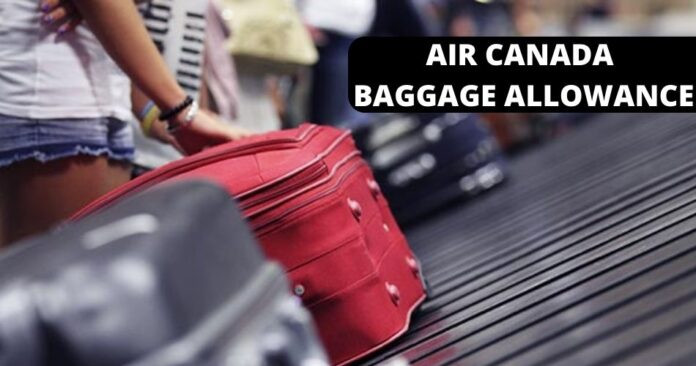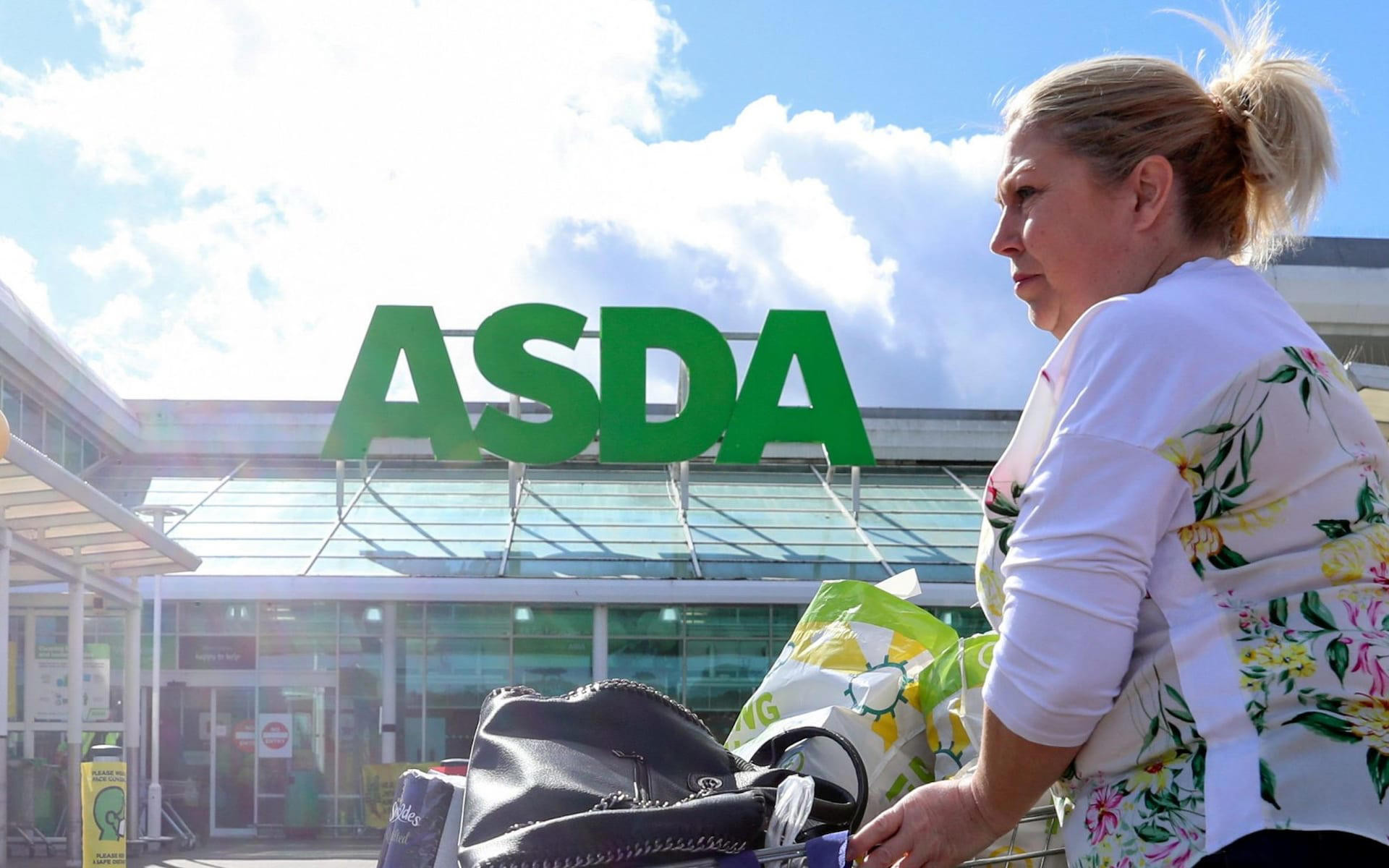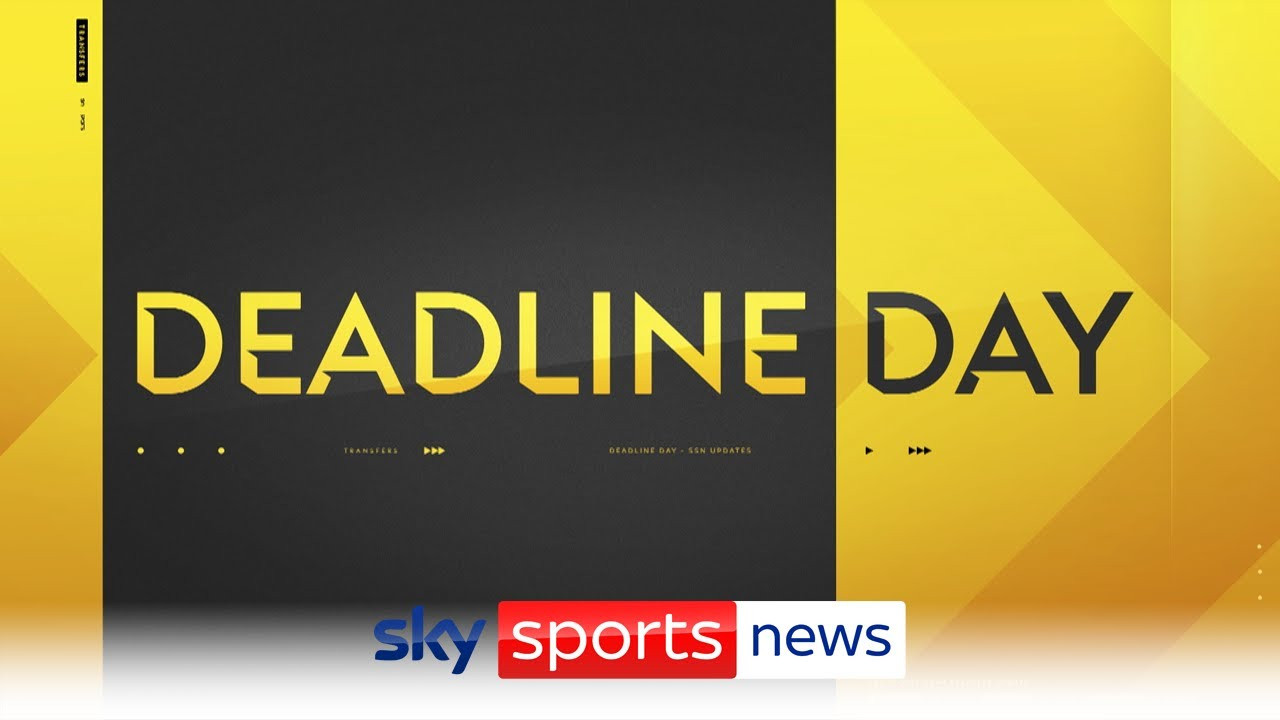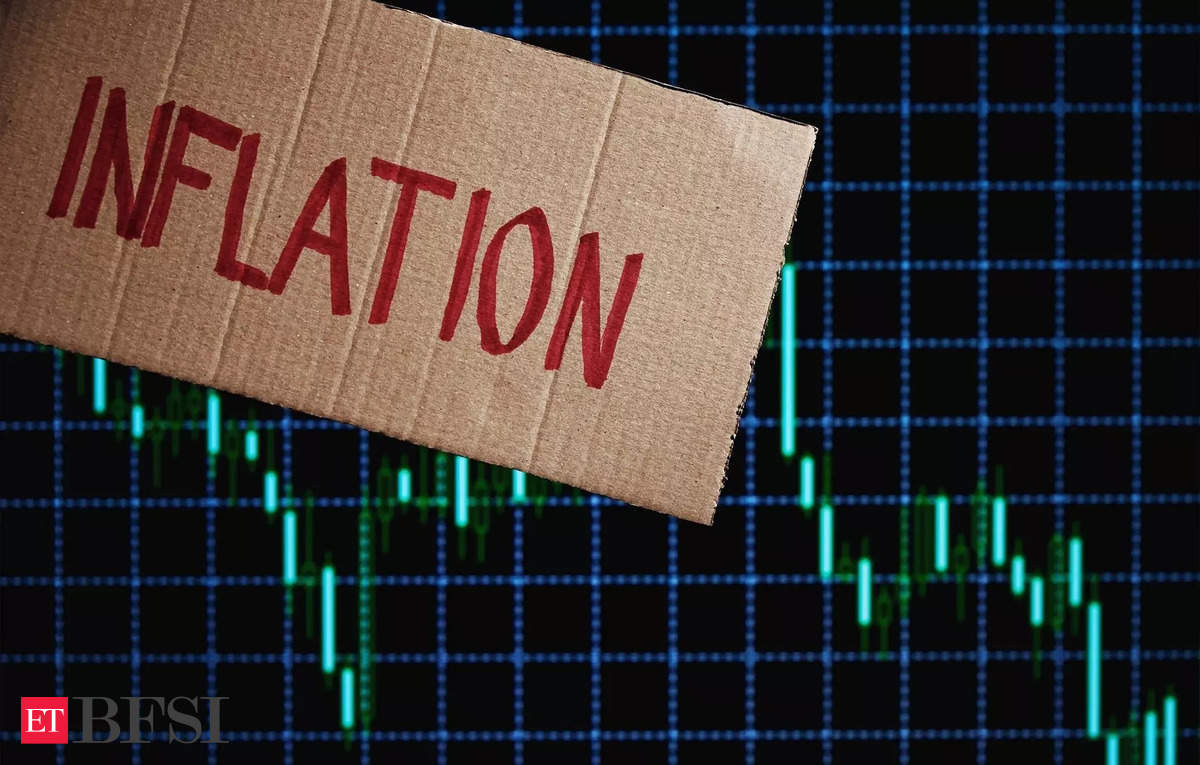Cadbury Loses Royal Warrant: A Century-Old Tradition Ends
The iconic British chocolate maker, Cadbury, has lost its royal warrant after 170 years of uninterrupted service to the British monarchy. This decision, announced late last week alongside King Charles III’s updated list of royal warrant holders, has sent shockwaves through the confectionery world and beyond. The news comes as a significant blow to Cadbury, which first received the prestigious royal warrant in 1854 under Queen Victoria. This decision, though made by the King according to royal protocol, leaves many wondering what motivated the change.
The Royal Warrant: A Symbol of Prestige
Royal warrants are a mark of recognition granted to companies that have consistently supplied goods or services to the British royal household for at least five years. The warrant not only carries immense prestige but also allows companies to display the royal arms on their packaging – a powerful marketing tool that historically boosted sales. Cadbury, with its long-standing association with the monarchy, had been able to leverage this symbol of quality and tradition for generations. The withdrawal of this prestigious symbol raises questions about potential impact on sales and brand perception.
A History of Royal Patronage
Cadbury’s royal warrant dates back to 1854, a testament to the company’s enduring presence in the British market. The warrant has been held continuously through the reigns of Queen Victoria, the Edwardian era, the reigns of King George V, King George VI, and Queen Elizabeth II, and most recently King Charles III. This long-standing association cemented Cadbury's place as a trusted purveyor of high-quality chocolate to the British royal household. The removal of the warrant after such an extended period thus signifies a monumental shift in the brand's relationship with the Crown.
Mondelez's Response and the Aftermath
Mondelez International, Cadbury's parent company, expressed disappointment at the loss of the royal warrant but stated that it respects the decision. A spokesperson said, "Whilst we are disappointed to be one of hundreds of other businesses and brands in the UK to not have a new warrant awarded, we are proud to have previously held one, and we fully respect the decision." The statement hints at a desire to maintain a cordial relationship with the royal family, despite the significant loss of prestige and marketing opportunity.
Analysis of the Situation
The reasons behind Cadbury’s loss of the royal warrant remain officially undisclosed, in keeping with royal protocol. However, speculation has been rampant, with some pointing to the company's continued operations in Russia following the 2022 invasion of Ukraine. Activist group B4Ukraine had publicly urged King Charles to revoke the warrants of companies maintaining business ties with Russia, naming Mondelez amongst others. While there's no confirmed link between this campaign and the King's decision, the timing and the calls for action raise questions about the role of ethics and geopolitical considerations in the royal warrant system.
Unilever's Similar Fate and Ongoing Debate
Unilever, another major UK consumer goods company, also lost its royal warrant, adding to the intrigue surrounding the King’s recent decisions. The lack of transparency surrounding these decisions fuels debates about whether the warrant system adequately accounts for evolving standards of corporate social responsibility and ethical business practices. It also raises questions about the criteria used to review and renew royal warrants, particularly concerning companies with international operations.
Contrasting Outcomes
Interestingly, not all companies criticized for their operations in Russia faced the same consequences. This discrepancy highlights the complex nature of the decision-making process and the potential for factors beyond public scrutiny to influence the selection of royal warrant holders. While both Unilever and Cadbury faced similar critiques regarding their presence in Russia, their outcomes were similar; yet, some other businesses with a similar profile retained their warrants, implying factors outside public awareness played a role in the final decision.
The Future of Royal Warrants and Brand Identity
The loss of the royal warrant for Cadbury marks a significant turning point for both the company and the system itself. It underscores the evolving landscape of royal endorsements and highlights the increasing importance of corporate social responsibility in the eyes of the public and the monarchy. This development calls for reflection on the criteria governing royal warrant allocations and whether they align with contemporary ethical norms. The long-term consequences for Cadbury remain uncertain, however, it certainly presents an opportunity for the brand to re-evaluate its image and positioning.
Rebranding and Realignment
The company may respond to the loss of the Royal Warrant by highlighting its broader legacy and renewed commitment to sustainability and ethical practices. This could involve emphasizing its historical significance as a British brand and investing in initiatives demonstrating its social responsibility commitments. The incident serves as a stark reminder that symbols of prestige can be easily lost, but a brand's intrinsic value is built on long-term commitment to quality, ethical operations and social responsibility. Cadbury's future success hinges on adapting to these evolving standards and values. The loss of the Royal Warrant is a setback, but not necessarily a defeat.
















